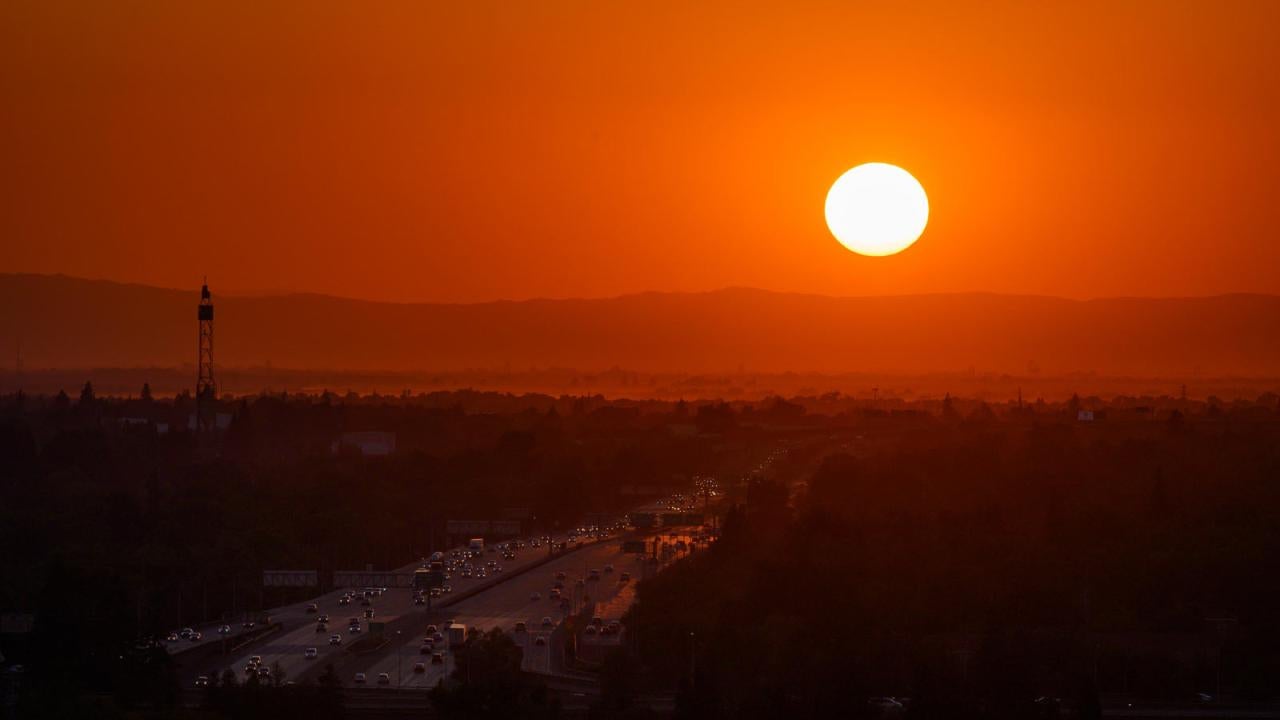In 2016, I was fortunate enough to accompany a UC Davis class of students 100 miles down the Colorado River, cutting through the Grand Canyon. Along the way, I saw fossil evidence of sea snails and marine creatures — in-my-face evidence that this desert land around me was once a sprawling ocean. Rock-solid proof that the world can, does and will change. But the changes taking place in the Grand Canyon occurred over many millions of years. Today’s changes are happening much more quickly, spurred along by fossil fuel consumption and greenhouse gas emissions.
And they’re happening where we live.
By century’s end, Sacramento, California, is expected to feel much like Tucson or even Phoenix, Arizona, according to the state’s 2018 Climate Assessment for the Sacramento Valley. Daily temperatures are projected to rise 10 F in the valley by 2100, and the number of days topping 104 F are on track to increase from four days a year to 40.
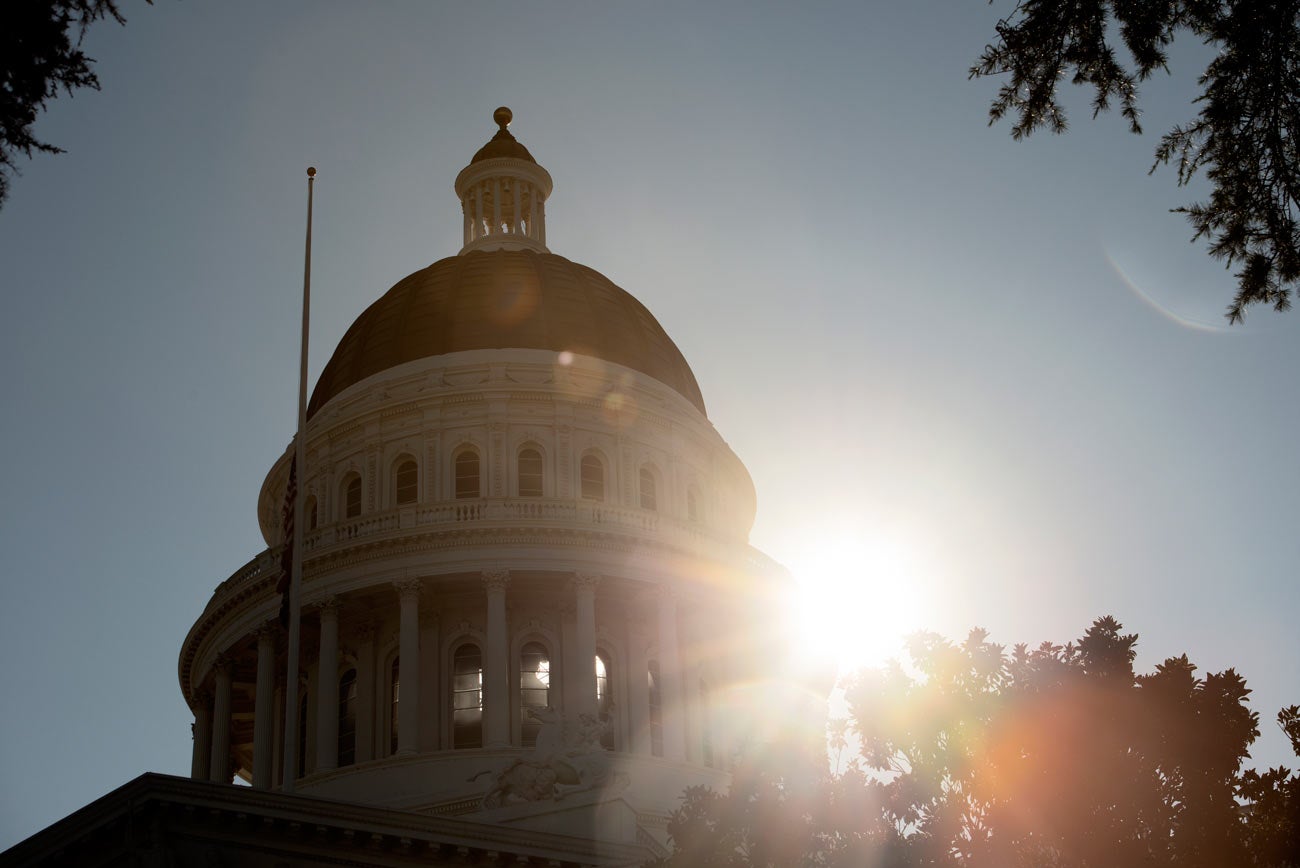
“It’s going to be a different world for us and especially our kids,” said Benjamin Houlton, director of the UC Davis John Muir Institute of the Environment and the regional report’s lead author. “To cope with rising temperatures, we need to start learning from communities like Phoenix, Arizona, that look like now what we may look like in the future.”
It’s going to be a different world for us and especially our kids.
— Ben Houlton
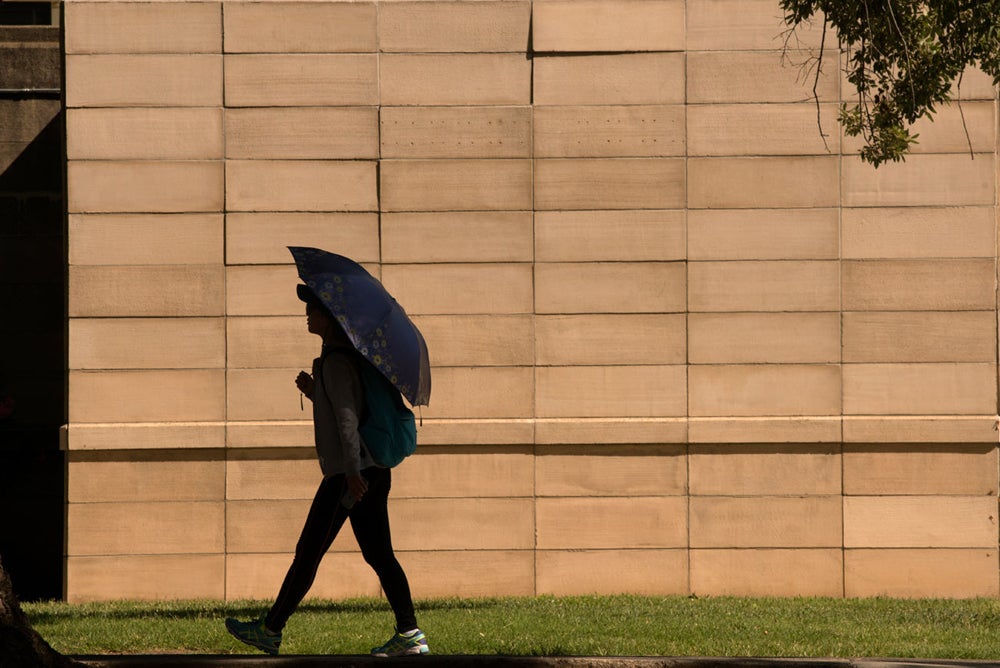
With this series, that is exactly what we’re doing.
Over the coming months, we’ll examine the extreme heat Sacramento residents are expected to face over the coming decades, what Phoenix can teach us about dealing with it, and the efforts needed to build socially just, climate-resilient communities for the changes that lie ahead.
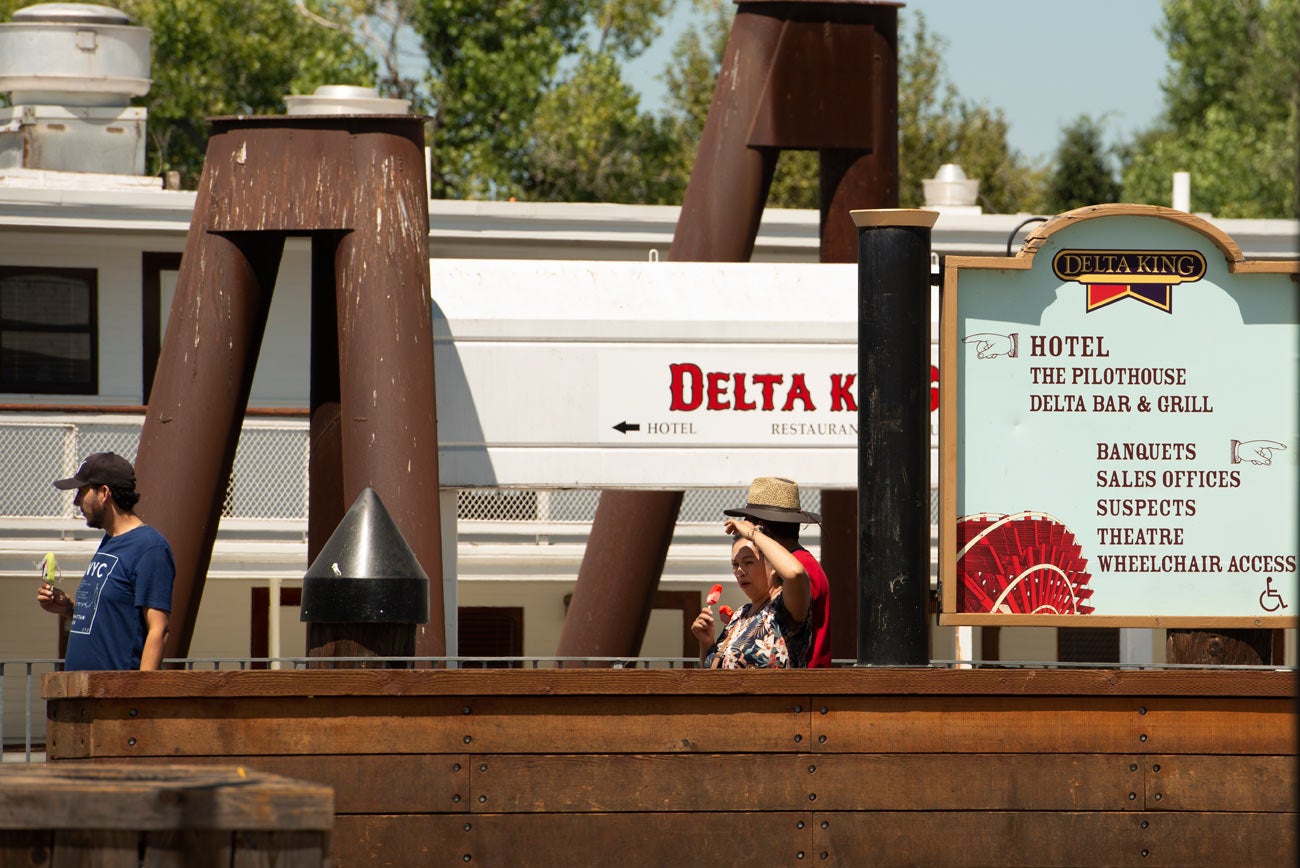
What happens between now and 2100
We want to know, what is expected to happen to the landscape between now and 2100? What is expected to happen to the people living within it? And what should we be doing about it now?
For the first part of that question, we went to ecologist Mark Schwartz, a professor in the UC Davis Department of Environmental Science and Policy. (We’ll get to solutions — we promise — in later parts of this series.)
First off, the shift won’t be exact. Sacramento is not expected to become a desert, per se, in the sense of swaths of sand and cacti. The region has unique geological and atmospheric patterns that make it unlikely to be a carbon copy of Phoenix. But it will get much hotter and more water-stressed. With drought and heat comes more drying, and more conflicts over water.
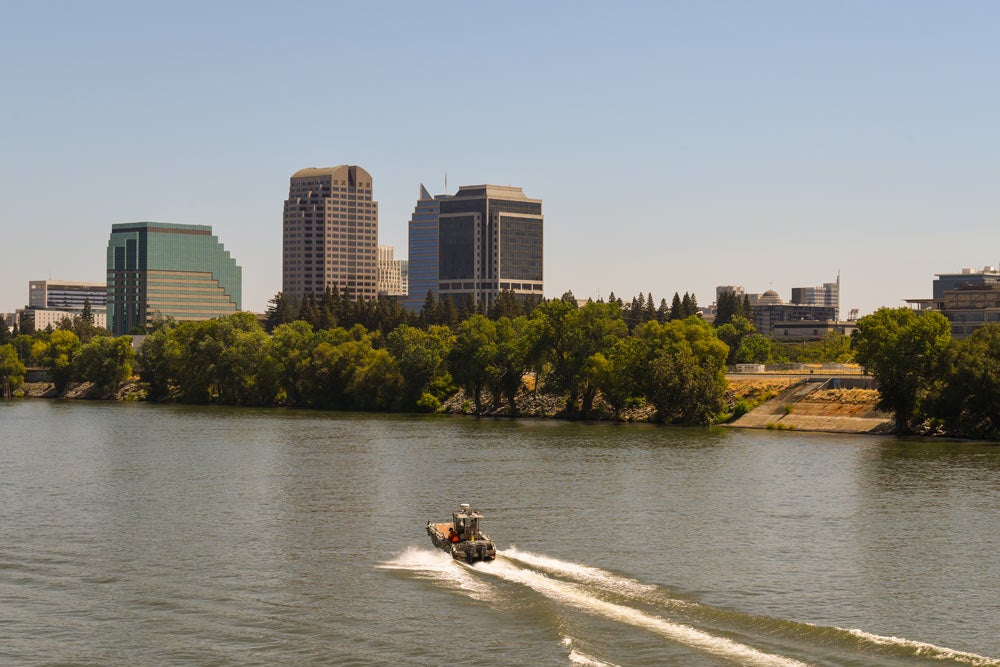
Schwartz said aridification in the Sacramento region is expected to move much like this: Shrubs replace many trees. Forests move ever up the mountain in search of cooler climes. Implied in this transition is the burning of large amounts of forest and more smoky days in the valley.
“Fires are turning forests into grasslands and shrublands,” Schwartz said. “So the surrounding environments of Sacramento may be less like woodlands.”
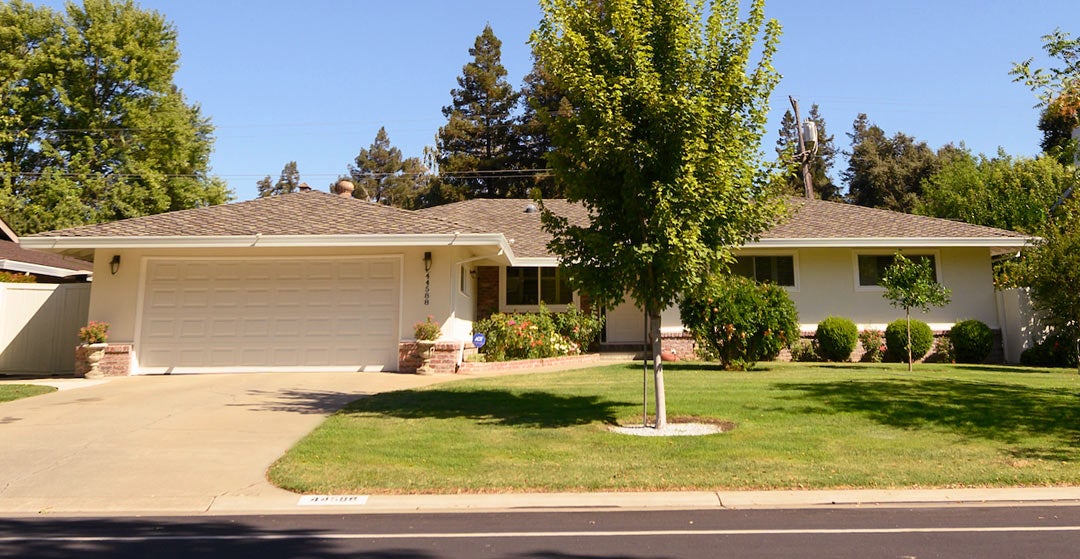
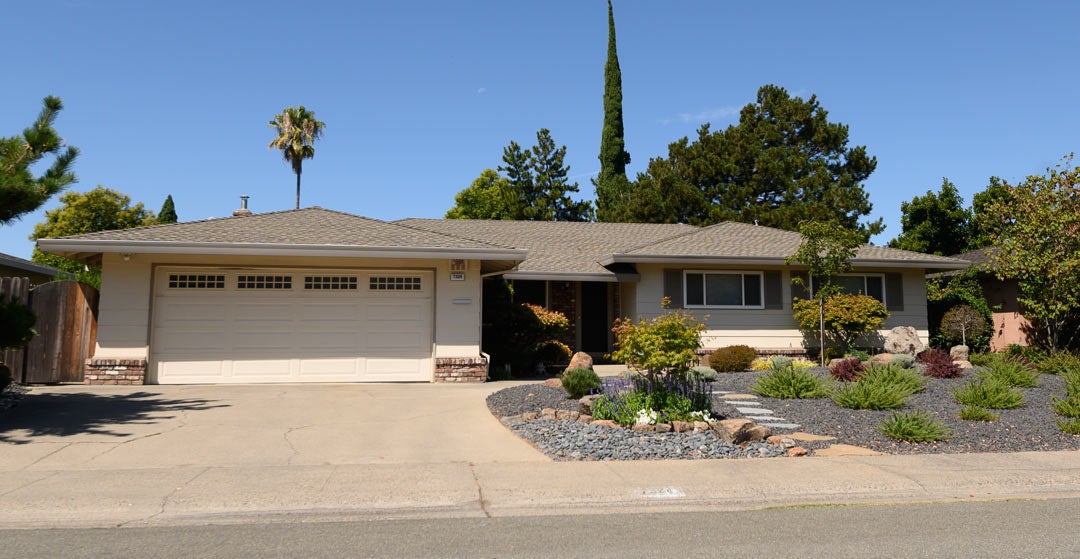
Another twist: While forest fires have largely spared Sacramento — with the exception of air quality impacts — a landscape of surrounding grassland could find itself quickly catching fire and entering the city, warns Schwartz.
“If you look at some of the most deadly and damaging fires — the Camp Fire in Paradise, Thomas Fire in Ventura, the Tubbs Fire in Santa Rosa — those were not in forested areas but in chaparral, grassland and open oak woodlands,” he said. “Fires in shrublands and grasslands are usually less severe and easier to fight, but with strong winds, those can be some of the most difficult and dangerous fires.”
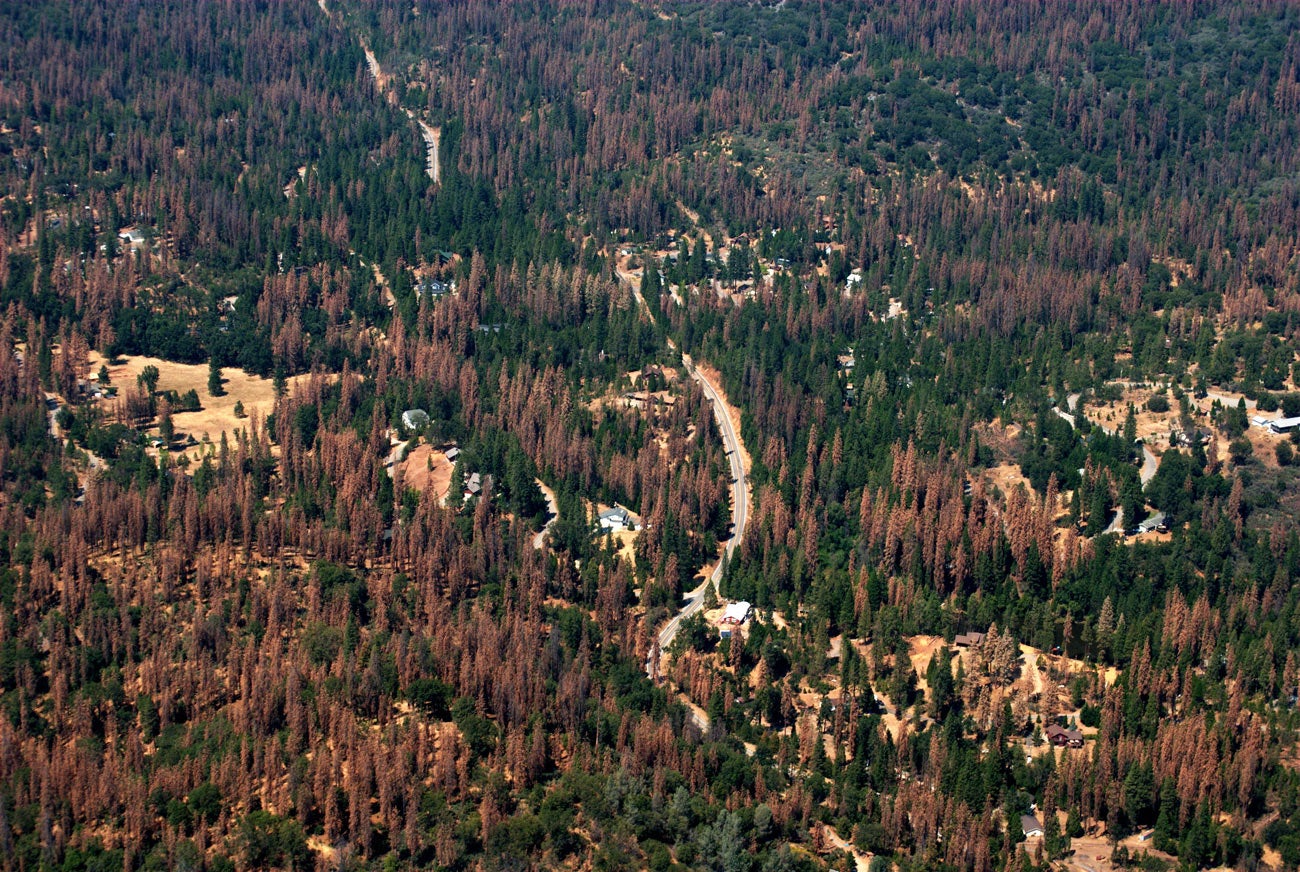
We are in this. Let’s be ready.
While many of these changes are already upon us, they are expected to intensify in the coming decades. Slowing and stopping climate change is paramount. But even if all greenhouse gas emissions went away today, the planet is committed to a certain amount of rising temperatures. We are in this, like it or not.
We know we aren’t alone. Many cities across the arid West and the globe are grappling with similar issues. How can we prepare and adapt?
If there’s one thing desert creatures understand, it’s making the most out of the resources available. We have a window of opportunity now to embrace solutions that may make a hotter future more livable.
Media Resources
Kat Kerlin, UC Davis News and Media Relations, 530-752-7704, kekerlin@ucdavis.edu
Read the rest of the Becoming Arizona Series:
- Part 2: Lessons from Phoenix - What Sacramento Can Learn About Extreme Heat and Human Health
- Part 3: Sacramento's Urban Heat Island Divide
- Part 4: Cooling Sacramento - Low-Carbon Cooling in a Warming City
- Part 5: Triple Threats During Triple Digits - How Climate Change, COVID-19 and Racism Intertwine
